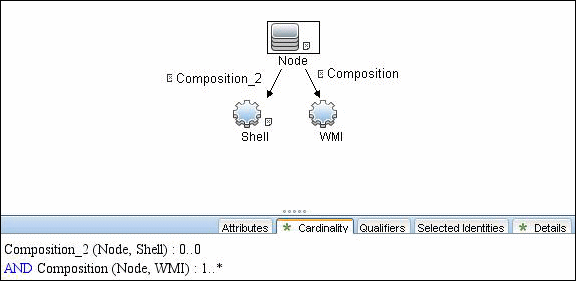Searching the Help
To search for information in the Help, type a word or phrase in the Search box. When you enter a group of words, OR is inferred. You can use Boolean operators to refine your search.
Results returned are case insensitive. However, results ranking takes case into account and assigns higher scores to case matches. Therefore, a search for "cats" followed by a search for "Cats" would return the same number of Help topics, but the order in which the topics are listed would be different.
| Search for | Example | Results |
|---|---|---|
| A single word | cat
|
Topics that contain the word "cat". You will also find its grammatical variations, such as "cats". |
|
A phrase. You can specify that the search results contain a specific phrase. |
"cat food" (quotation marks) |
Topics that contain the literal phrase "cat food" and all its grammatical variations. Without the quotation marks, the query is equivalent to specifying an OR operator, which finds topics with one of the individual words instead of the phrase. |
| Search for | Operator | Example |
|---|---|---|
|
Two or more words in the same topic |
|
|
| Either word in a topic |
|
|
| Topics that do not contain a specific word or phrase |
|
|
| Topics that contain one string and do not contain another | ^ (caret) |
cat ^ mouse
|
| A combination of search types | ( ) parentheses |
|
DB Connections by WMI Job
This section includes details about the job.
Similarly to the DB Connections by Shell job, this job attempts to create a list of processes and services, and parses them for database signatures.
Since an agent does not have access to output of commands such as netstat, this job is limited in that the listener ports of database servers are not always identified. Port information for databases such as Microsoft SQL Server is available in the Windows registry, and this job queries that information when connected through WMI.
This job uses the Database Connections by Agent adapter.
-
Input query: None
-
Adapter parameters:
Parameter
Default Value Description
discover_mssql true DFM discovers Microsoft SQL database servers. discover_oracle true DFM discovers Oracle database servers.
-
Composition
-
Containment
-
IpAddress
-
IpServiceEndpoint
-
Node
-
Oracle
-
SQL Server
-
Windows
Note To view the topology, see Topology.












